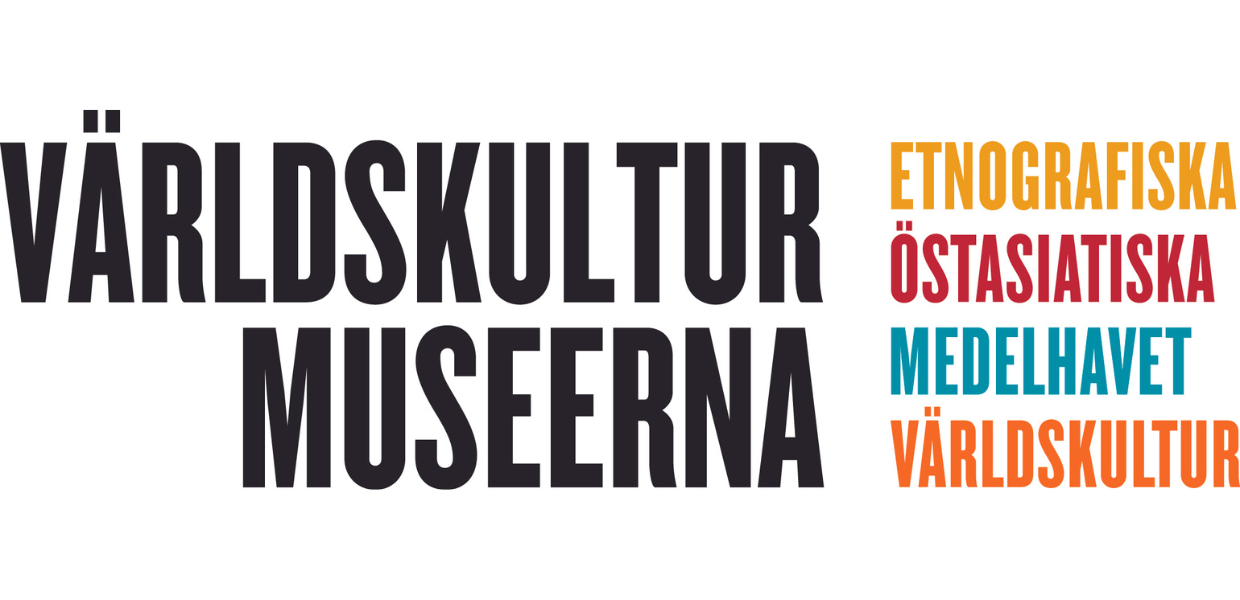About the institution
The National Museums of World Culture is responsible for non European collections in Sweden. Inside the administration there are four museums: the Museum of Far Eastern Antiquities, the Museum of Mediterranean and Near Eastern Antiquities and the Ethnographic Museum, all three in Stockholm, and the Museum of World Culture in Gothenburg.
About the project
After a fire at the National Museum of Brazil in 2018, which destroyed almost 20 million objects in its collections, the National Museums of World Culture of Sweden and the University of Gothenburg started a pilot project around digital repatriation of ethnographic collections to Brazil: ‘Digital Repatriation of Cultural Heritage in the Global South’, which is funded by the Swedish Research Council.
Through this project, the museums intend to empower indigenous communities in the Brazilian Amazon by exploring the possibility of decolonising the Swedish database for museum collections - ‘Carlotta’ - which also displays collections currently in Sweden and belongs to these communities.
To this end, the project team has started to experiment with Tainacan, an open source tool that allows users to create digital collections on the internet, opening up new possibilities of dialogue about power in data in terms of decolonisation of collections. A pilot project focused on a specific indigenous community, the Wai Wai, and the objects attribuable to them currently at the Museum of World Culture in Gothenburg.
About the report
The Museum of World Culture commissioned a report within the Europeana Research Grants Programme, under the 2021 call ‘Crowdsourcing and Research’. Starting from the specific objectives of ‘Digital Repatriation of Cultural Heritage in the Global South’, the report explores the topic of deconstructing an inherently colonial database by working collaboratively with indigenous peoples and developing different models of information management and cataloguing that are more closely aligned with their perspectives and self-representation. More specifically, the report focuses on the pilot project that was conducted at the museum.
From a research perspective, the pilot project can be seen as a case study. In addition, professionals, students and stakeholders can build on it to interact, use and curate the information in Carlotta.

